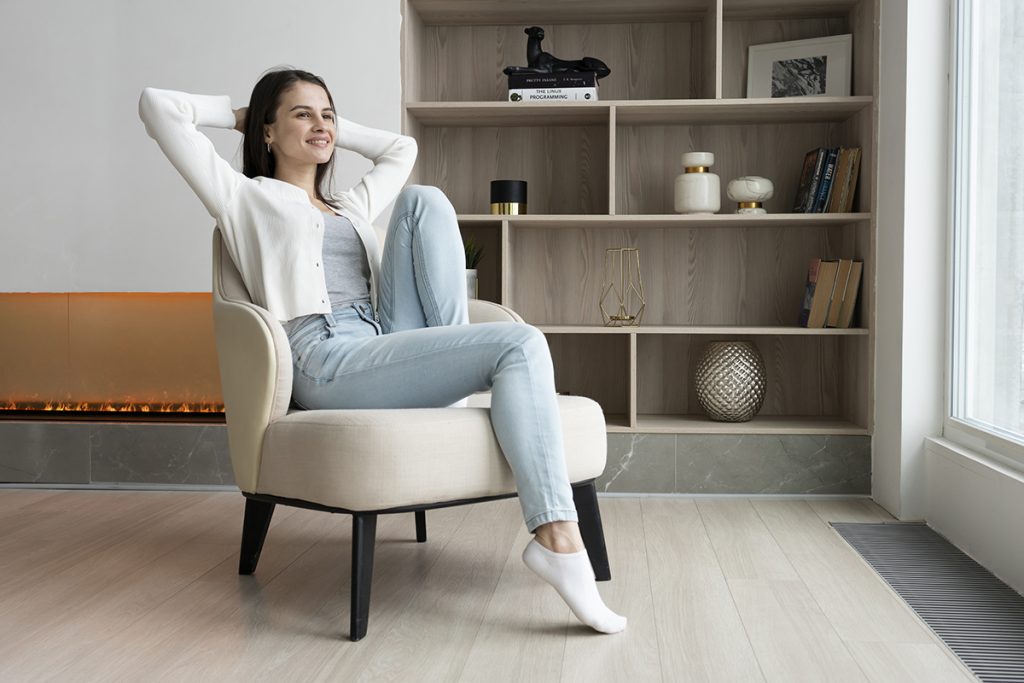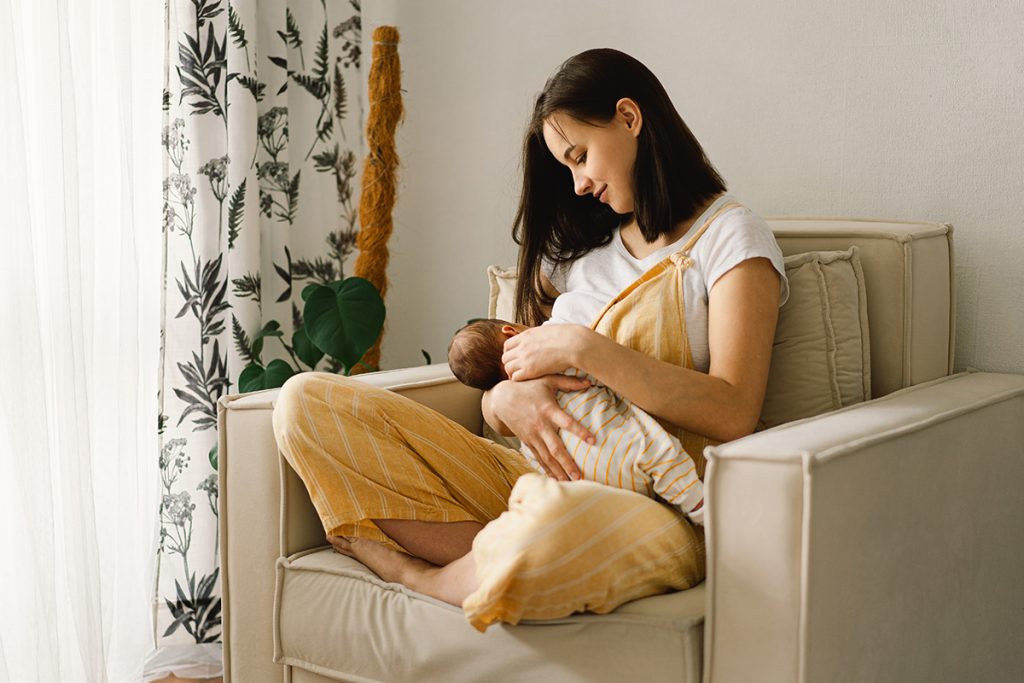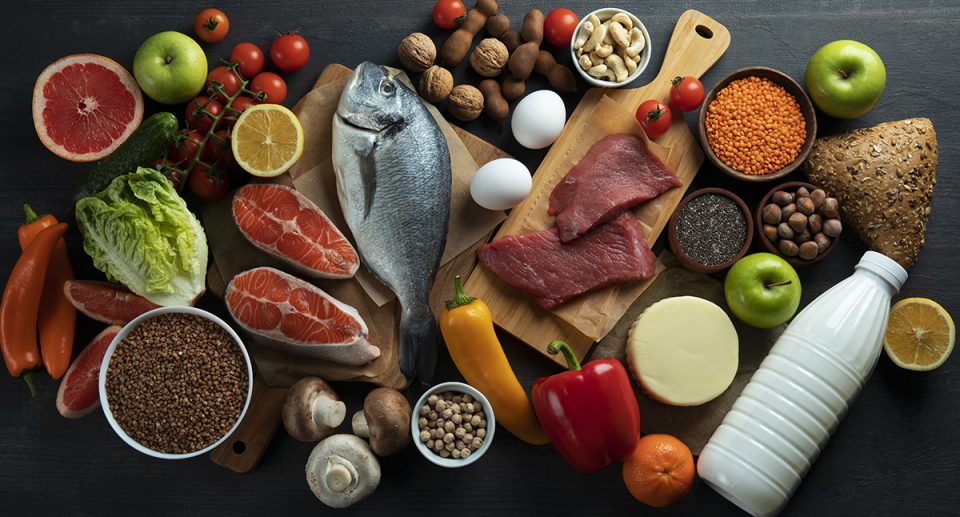9 Things to skip to live a simpler and more minimalist life

Embracing a minimalist lifestyle centers on purposeful living, where prioritizing intention and purpose naturally leads to happiness and simplicity.
Minimalism entails shedding both mental and physical clutter, which in turn opens up mental and physical space. This results in simplified cleaning routines, reduced chaos in daily life, and a more joy-filled existence, as your days are enriched by thoughts, experiences, and items that uplift you rather than weigh you down.
If you’re considering adopting a minimalist life, explore these 9 things you should bid farewell to in order to embark on a simpler, more minimalist journey.
01. Constantly possessing the most up-to-date gadgets
Frequent releases of new phones, tablets, laptops, or smartwatches are inevitable, but this doesn’t imply you need to possess every single iteration.
There’s no necessity to perpetually acquire the latest technology simply because it’s available, particularly if your current devices are still functioning properly. A minimalist life emphasizes the concept of conservation, advocating that when you take care of your possessions, they tend to endure.

02. Accumulating an extensive wardrobe
Possessing an excessive amount of clothing contradicts the minimalist life philosophy, resulting in both physical and surprising mental clutter. When your clothing options become overwhelming, even the most basic daily tasks, like getting dressed, can become needlessly complicated.
According to experts, having to make numerous clothing choices first thing in the morning can lead to ‘decision burnout’ later in the day, when more significant decisions may be required. Maintaining a limited selection of clothing that can be easily mixed and matched is a more sustainable and less mentally draining approach, especially if these pieces are high-quality, statement items.
The complexity of daily outfit selection and early-morning decision-making can be eliminated by having fewer choices. In terms of clothing, less truly is more. If you aspire to embrace a minimalist life, decluttering your wardrobe is an excellent starting point.

03. Clinging to clutter ‘for possible future use’
It could be the box from your old mobile phone, that oversized bag of cables tucked away in a closet, or a collection of clothing you no longer wear but can’t part with in case your taste changes. Regardless of the item, it amounts to clutter, and physical clutter invariably leads to mental clutter.
If your aim is to lead a simpler and more minimalist life, the path to follow is letting go of unnecessary items and ensuring that every possession has a purpose.
04. Spending without purpose
The minimalist lifestyle advocates for owning less without necessarily sacrificing experiences or living significantly below your means. Instead, it emphasizes refraining from purchasing items you don’t genuinely require or buying things merely for the sake of momentary satisfaction, rather than out of genuine necessity.
A minimalist life encourages a more deliberate approach to spending. It prioritizes allocating financial resources toward experiences and relationships rather than material possessions. Each time you reach into your wallet to make a purchase, you do so thoughtfully and purposefully.
You understand the reasons behind your purchase, and you do it because it adds value to your life, rather than seeking short-term gratification or a superficial sense of status.

05. Prioritizing possessions over relationships
No matter the quantity of material possessions you amass, they are unlikely to provide enduring happiness.
According to experts, the satisfaction derived from the pursuit and acquisition of material goods is typically short-lived, often lasting no more than a few days. In contrast, extensive research indicates that people and experiences offer a greater source of joy, emotional well-being, and a profound sense of belonging than one might anticipate.
Furthermore, when you shift your focus away from material possessions and concentrate more on savoring each day and fostering connections with the individuals in your life, existence instantly becomes more straightforward.

06. Measuring your possessions against what others have
No matter how fast you run, there will always be someone quicker. No matter how good your job is, there will always be someone in a superior one. If you find contentment in your life, there will always be someone who appears even more content.
In the grand scheme of things, whatever you pursue in your minimalist life, there will always be someone who possesses more, ‘better’, or something different from your own. Frequently pitting yourself against others is unlikely to cultivate lasting joy. Instead, it leads to fixating on what you lack, rather than appreciating what you’ve already achieved.
If your goal is to lead a happier and more uncomplicated minimalist life, it’s time to release these comparisons.

07. Wasting your days through procrastination
Much like comparison, procrastination can rob you of joy because it essentially squanders your precious time. Embracing a more intentional way of living is another facet of a minimalist life. It doesn’t imply you need to be productive round the clock or adhere to the ‘hustle culture’ lifestyle.
Rather, it entails making purposeful use of your time. This might involve dedicating two hours to simply relaxing on the couch, watching videos on your phone – a conscious choice to do nothing.
Alternatively, it might entail spending two hours each day on activities like studying, reading, personal development, or job searching – all done with intention. When you engage in activities deliberately, it’s not procrastination. However, it becomes procrastination when you undertake tasks out of fear or overwhelm, driven by the burden of other commitments on your plate.

08. An excessively structured living
There was a time during job interviews when it was common to respond to the question about your weaknesses with ‘I’m too organized’ This response was intended to put a positive spin on a potentially negative trait. However, while leading an organized life is generally seen as positive, it can also become a genuine weakness.
When you’re excessively organized, you may inadvertently complicate things. Meeting a friend for a spontaneous coffee or agreeing to last-minute dinner plans can become stressful rather than enjoyable. While having a routine is certainly beneficial, being adaptable with your time can add an element of simplicity to your life.
09. Leading a chaotic life
Much like the importance of not being overly organized, it’s also crucial not to swing too far in the opposite direction and live a completely disorganized life.
Minimalism revolves around intentional living. While it doesn’t necessitate micromanaging every moment of your existence, it does suggest the importance of considering your actions before taking them.
Persistently feeling rushed, running late, and finding yourself constantly playing catch-up in your own life won’t simplify things. Similar to various aspects of life, striking a healthy balance between a touch of organization and avoiding excessive rigidity is essential, especially if you aim to adopt a minimalist lifestyle.

9 Things to skip to live a simpler and more minimalist life conclusion
Minimalism isn’t merely a passing trend; it represents a lifestyle choice that resonates with many for very valid reasons. When you adopt minimalism in your life, studies indicate that it leads to increased happiness, enhanced productivity, and even better overall health.
Numerous individuals discover that embracing a more straightforward way of life leads to improved dietary choices, better sleep, and enhanced mental well-being. This transformation also provides more time for savoring life rather than constantly feeling drained from attempting to tackle an overwhelming workload.
If this resonates with your ideal lifestyle, beginning by bidding farewell to these nine things is an excellent starting point.




















